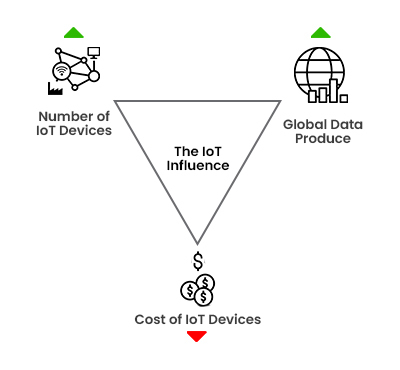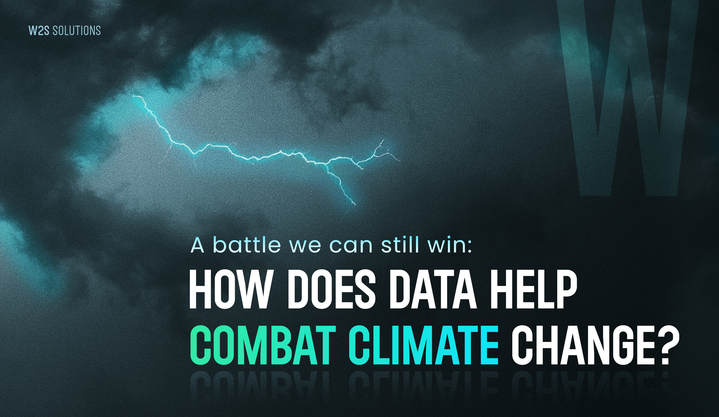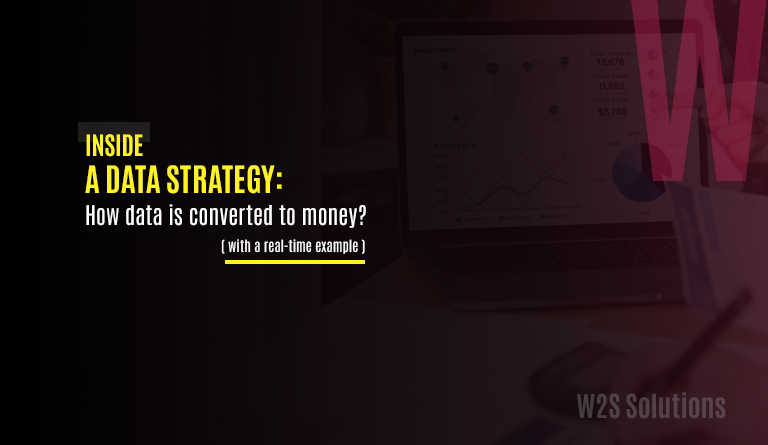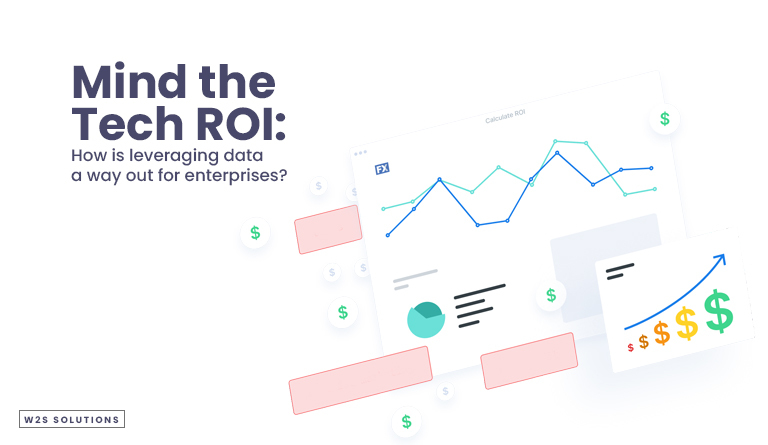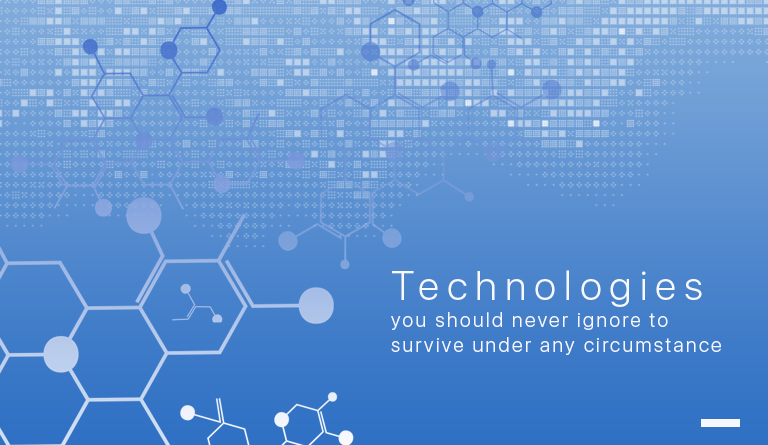The IoT influence: In the last 5 years, the cost of IoT devices went down by almost 50%, producing data at a rapid pace. The availability of global data increased by nearly 700%, enabling brands, enterprises, and governments to track their impact.
With an emphasis on data like never before, organizations are investing a sizable amount in their data efforts. However, a global report suggests that only 20% of organizations have got their data strategy right. The rest of them might get returns from their data vision, but it doesn’t necessarily mean that they have tapped into their real potential.
Our data experts at W2S Solutions speculate that data can not only reinforce an organization but also open up new revenue streams, expanding the return margin on data even further. A tailored data strategy is more effective than adopting a predefined template. Also, in our experience working with global brands, we realized that a data strategy embedded in the core business model tends to be more successful than others.
For an organization to see quantifiable results from its data strategy, it has to prioritize data culture over anything. An organization’s culture impacts at every level of the infrastructure and can either move towards or away from its greater vision. When the science of data is infused with an organization’s culture, the effect is translated to the entire chain, amplifying its existing framework.
Creating such a culture where data sits at the center is not an easy task. The disconnect runs deep, building invisible walls within the structure, preventing the organization from acting as a single organism. While embracing diversity within the organization can fuel creativity and innovation, the context should be to create a holistic impact within or by the organization.
And without data, there will be zero digital transformation and empowerment. Business leaders have to understand that data is no longer a mere byproduct of a process. Instead, their entire business is built around them. B2B businesses, in particular, have always been more disconnected from data than the other, but the brands that leveraged data were clearly a league above the rest of them.
Take sales operations in a B2B space, for instance. They have been more intuition driven than data-driven, making it more of an art than science. However, major technology interventions like AI and analytics have brought a whole lot of science to this art, favoring conversions for the business.
So, technology will be foundational in building an efficient data engine for the organization, but to really excel in the efforts, data should also work on the business side of the problem. Only then the insight chain will deliver continuous, high-value data to the teams consistently. And if an organization wants to set its data record straight, they have to solve the “people problem” first. Many organizations often overlook this, but the data analytics for business with successful data track records have made it a priority to get this problem solved.
While it represents a drastic change within the organization, business leaders can try creating cross-functional teams to roll out various degrees of the data implementation plan gradually. Think of adopting data culture as an implosion rather than an explosion. The impact must come from within for effect to be visible on the outside.
Brands have to understand the weight they carry to formulate how agile they can get. There is a reason why startups are more flexible than large organizations. As the number of stakeholders increases, the organization will get more and more robust. So, organizations must be aware of their weight every step of the journey. This way, they can identify areas where they can expand their presence or decentralize their operations to maximize the impact at a particular point.
The ultimate goal of the present-day organization must be data monetization. Unless the strategy gets direct economic benefits, the strategy’s effectiveness will be toned down, ultimately draining resources from the organization. Given the need for insights across industries, every business that deals with data should think of either directly or indirectly monetizing data to expand its ROI.
It’s always a top to bottom approach
Enterprises are moving towards a total experience approach with digital, weaving a web of experience for all the stakeholders- employees, investors, consumers, etc. The role of data will be crucial to delivering such an experience across various levels of the organization. Our business experts at W2S Solutions strongly believe that in the next couple of years, every interaction within the organization will have data at the base.
In such a scenario, data will be highly streamlined at the end of the chain, meaning insights will be available directly to the users with visualization. This will be the differentiating factor among organizations in the next few years, meaning those that align their operations toward this future will be the first to tap into a new kind of market.

